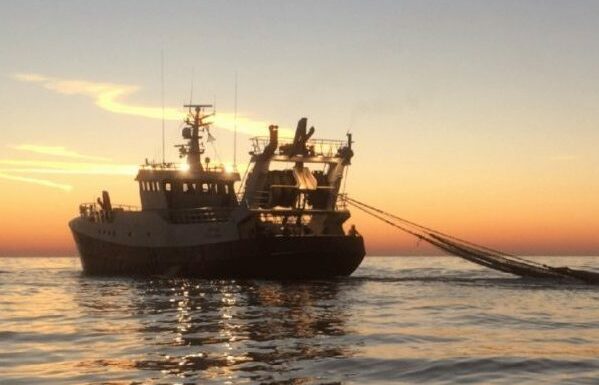المحكمة الهولندية تؤيد سلطة هيئة الأغذية والمنتجات الاستهلاكية الهولندية في الرقابة على الصيد الجائر رغم استئناف منظمات بيئية

رفضت المحكمة الإدارية في لاهاي استئنافات قدمتها منظمات بيئية، بما في ذلك "صيادو التأثير المنخفض في أوروبا" (LIFE) و"كلايمت إيرث". كانت هذه المنظمات تسعى لفرض إجراءات رقابة وتطبيق إضافية ضد الصيد الجائر من قبل هيئة سلامة الأغذية والمنتجات الاستهلاكية الهولندية (NVWA).
طعنت الاستئنافات في قرار وزير الزراعة والطبيعة وجودة الغذاء، الذي يشرف على هيئة سلامة الأغذية والمنتجات الاستهلاكية الهولندية.
مزاعم الإهمال في مراقبة الصيد الجائر: جادلت "كلايمت إيرث" و"LIFE" بأن هيئة سلامة الأغذية والمنتجات الاستهلاكية الهولندية أهملت في مراقبة ومنع الصيد الجائر في أوروبا. أدت مخاوفهم إلى تقديم طلب إنفاذ في عام 2021، والذي رفضه الوزير. أشار الرفض إلى الافتقار إلى التحديد الدقيق للانتهاك المستهدف، مؤكداً أن طلبات الإنفاذ لا يمكن أن تدعو فقط إلى تغييرات في السياسات أو تعزيز الرقابة.
قرار الوزير والاستئناف اللاحق: اعتبر الوزير اعتراضات "LIFE" غير قابلة للمراجعة، مؤكداً أنها لا تؤهلها كأصحاب مصلحة. وبالمثل، تم رفض استئناف "كلايمت إيرث" بسبب الطبيعة الواسعة وغير المحددة لطلب الإنفاذ الخاص بها، والذي يفتقر إلى أسس للتحقيق في انتهاكات محددة.
مع عدم الرضا عن قرار الوزير، استأنفت كل من "LIFE" و"كلايمت إيرث" أمام المحكمة الإدارية.
حكم المحكمة: أيدت المحكمة قرار الوزير...
